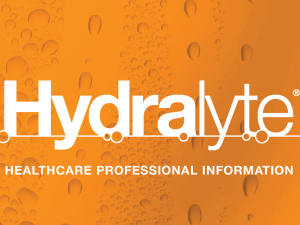Academic pharmacist Nataly Martini provides key information on Helicobacter pylori pathophysiology, diagnosis and evidence-based treatment strategies to enhance patient outcomes
Immunisation stress-related responses and anaphylaxis: What’s the difference?
Immunisation stress-related responses and anaphylaxis: What’s the difference?

The incidence of anaphylaxis following vaccination with Pfizer–BioNTech’s COVID-19 vaccine is slightly higher than that of schedule vaccines, so health professionals must be able to recognise this potentially fatal condition and differentiate it from immunisation stress-related responses, explain Marleen Hart, Aimee Brass and Shelley Kininmonth
Kia ora and welcome to Pharmacy Today Kaitiaki Rongoā O Te Wā
Not a subscriber? Unlock this article by subscribing here.
1. WHO. Immunization stress-related responses: A manual for program managers and health professionals to prevent, identify and respond to stress-related responses following immunization. Geneva: World Health Organization; 2019.
2. Loharikar A, Suragh TA, MacDonald NE, et al. Anxiety-related adverse events following immunization (AEFI): a systematic review of published clusters of illness. Vaccine 2018;36(2):299–305.
3. Pfizer New Zealand. DBL adrenaline injection. New Zealand Data Sheet. 15 July 2021. https://bit.ly/3xKISTA
4. Immunisation Advisory Centre. Oxygen no longer a requirement for vaccination services. April 2020. https://tinyurl.com/5cc56nps




